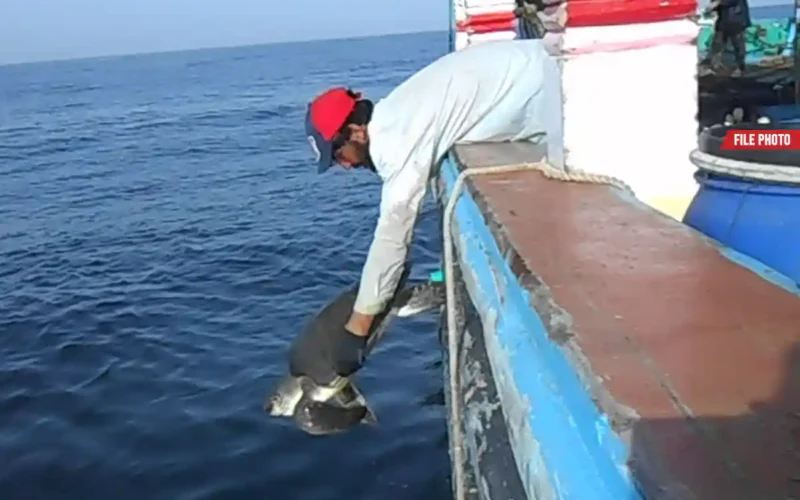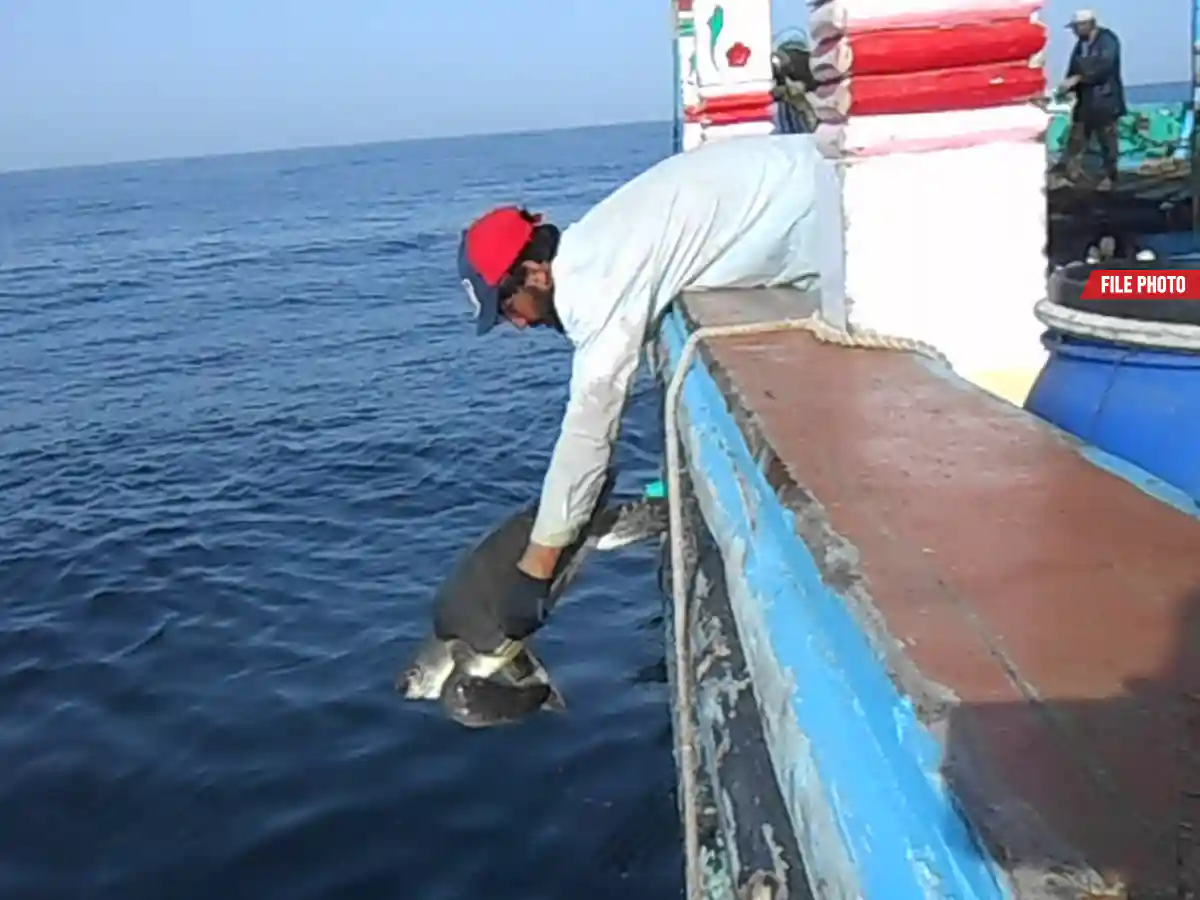WWF-Pakistan has issued an urgent call to action by local communities to protect green turtles, noting that their recent classification as ‘Least Concern’ should not diminish conservation efforts across Pakistan’s coastal regions.
WWF-Pakistan reports that the International Union for Conservation of Nature recently downgraded the Green Sea Turtle from Endangered to Least Concern, reflecting decades of conservation progress worldwide and increased nesting success rates.
WWF-Pakistan cautioned that delisting should not give rise to a false sense of security; regional turtle populations remain susceptible to unplanned coastal development, fisheries bycatch, and climate impacts.
Follow the Times of Karachi channel on WhatsApp
The organisation highlighted how Green Turtles nest along Pakistan’s Sindh and Balochistan coasts, such as Sandspit-Hawksbay, Ormara, Pasni Island, and Astola Island; however, these areas continue to experience ecological threats due to increasing ecological pressures.
WWF-Pakistan identified threats such as illegal egg harvesting, feral dog predation, habitat disturbance, and rising sea temperatures as factors limiting survival rates and nesting success in vulnerable environments.
WWF-Pakistan has collaborated with government agencies and local communities for over three decades to support turtle conservation efforts through nest monitoring, fisher training, awareness campaigns, safe release procedures and safe-release procedures.
READ: Karachi rejoins C40 cities network to fight climate change
In 2017 and 2023, respectively, this organisation assisted in declaring Astola Island a Marine Protected Area to safeguard key habitats.
Even after these steps, Pakistan still does not possess an extensive population baseline for Green Turtles, making it challenging for researchers to assess nesting trends, detect threats, or evaluate long-term conservation effectiveness for Green Turtles.
WWF-Pakistan stressed the need for increased research – including satellite tracking and genetic studies – on turtle movements, breeding patterns, and survival conditions in the Northern Indian Ocean.
Visit Times of Karachi website for the latest news-related content daily
Rab Nawaz, Senior Director of Biodiversity for WWF-Pakistan, stated that downlisting should encourage stronger national action rather than celebration, emphasizing how progress must translate to local protection measures.
He noted that Pakistan’s turtle populations will only thrive when conservation efforts align with global standards, guaranteeing these ancient marine species will flourish across regional waters for decades to come.
WWF-Pakistan called for coordinated marine spatial planning, stronger community-led programs, and continued vigilance to protect turtle nesting habitats, fisheries zones, and coastal ecosystems from expanding human pressures.












